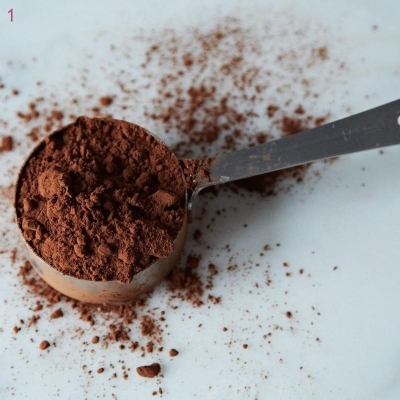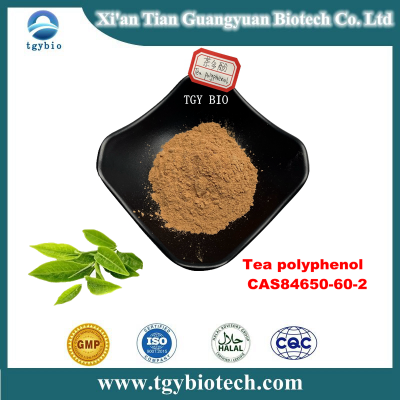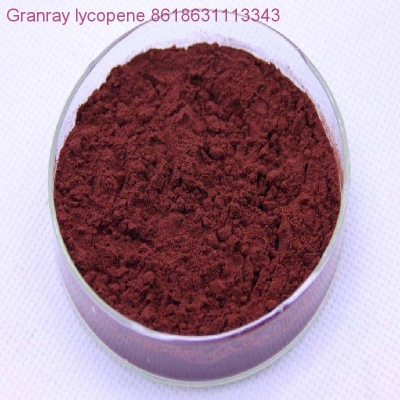-
Categories
-
Pharmaceutical Intermediates
-
Active Pharmaceutical Ingredients
-
Food Additives
- Industrial Coatings
- Agrochemicals
- Dyes and Pigments
- Surfactant
- Flavors and Fragrances
- Chemical Reagents
- Catalyst and Auxiliary
- Natural Products
- Inorganic Chemistry
-
Organic Chemistry
-
Biochemical Engineering
- Analytical Chemistry
-
Cosmetic Ingredient
- Water Treatment Chemical
-
Pharmaceutical Intermediates
Promotion
ECHEMI Mall
Wholesale
Weekly Price
Exhibition
News
-
Trade Service
A common antioxidant that prevents non-alcoholic fatty liver disease (NAFLD) has been found in breast milk and kiwi, according to a new study.
Researchers at the University of Colorado Anschutz School of Medicine fed obese mice a natural antioxidant, PQQ, which is found in many foods, such as soy, coriander, celery, kiwi, papaya and breast milk, according to The Associated Press.
the study found that after feeding PQQ to obese mothers who were pregnant or nursing, their offspring had a lower risk of fatty liver disease and destroyed some of the factors that induce NAFLD.
NAFLD is currently the most common liver disease in the world, affecting 20 to 30 percent of adults in the United States and more than 60 percent of obese adults.
increases the risk of cardiovascular disease, type 2 diabetes and cancer.
, children of obese mothers are generally more likely to develop non-alcoholic fatty liver disease, while one-third of obese children under the age of 18 are likely to be diagnosed with NAFLD in the future, the researchers said.
In the trial, the researchers divided adult mice into two groups, one feeding healthy food and the other feeding a Western-style diet that led to obesity, while adding PQQ to two groups of drinking water, followed by their offspring in two groups for 20 weeks.
results showed that PQQ did not change weight, but reduced the amount of fat in the liver, even before the birth of mice.
same time, the inflammation in the liver of Western-fed mice was reduced, and even if PQQ was no longer fed for three weeks after lactation stopped, fatty liver disease in adult mice could still be prevented.
the study showed that antioxidants can have a preventative effect by affecting early onset pathways to obesity, a high-fat diet and inflammatory-related diseases.
, the researchers note that PQQ has been shown to be safe in several human trials and may in the future reduce the risk of NAFLD in infants by supplementing the PQQ diet to obese pregnant women.







